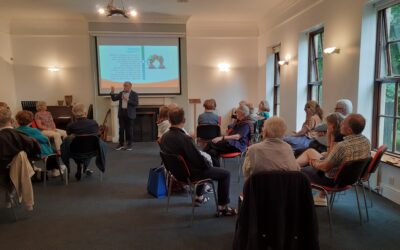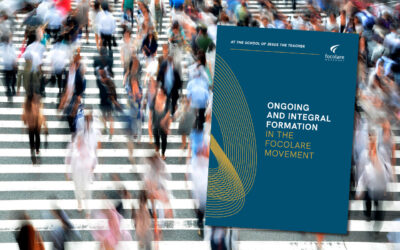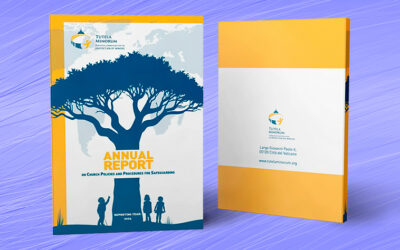 “This has been an unbelievable experience. Now I’ve seen it all! Should I become a teacher in 20 years time, I’ll be telling my students: “I created this program with my former classmates.” And I’ll also tell them that it wouldn’t have been possible without those classmates or the great artist, Antonio”.
“This has been an unbelievable experience. Now I’ve seen it all! Should I become a teacher in 20 years time, I’ll be telling my students: “I created this program with my former classmates.” And I’ll also tell them that it wouldn’t have been possible without those classmates or the great artist, Antonio”.
4,700 glass tiles were the raw materials that made it possible for a creative workshop to be held over 12 sessions. All the students described the experience as a “memorable” one, allowing them to unleash their imagination and to have respect for others by working alongside them. The workshop, inspired by the spirituality of the Focolare Movement, and designed by the Alessandro Mammucari Association – a partner of the “Let’s unBully ourselves” initiative promoted by the Latina municipality – used art as a medium to transmit the message.
Antonio Casarin, a glass artist, together with Patrizia Sarallo, his right-hand person, and Tatiana Falsini, coordinator and art history teacher, involved 120 young people in this creative project that lasted 2 days.
Delight, sadness, anger, fear: these are the basic feelings for our survival, chosen as the main theme for the workshop. It started off with an abstract introduction to art, stressing its connection with the world of emotions. How does it work? Tatiana, the coordinator explains: “The students are asked to study Antonio Casarin’s artworks in glass through the senses of sight and touch, in order for them to grasp their deeper meaning. We proceed from one bench to the other, while listening to a narration, after which we ask the kids to anonymously write on a piece of paper the emotions they have experienced; they are then asked to listen once again, but this time within themselves, in order to recognise their own emotions”.
The students are subsequently asked to experience making glass art in a creative workshop during which a panel is made for each class, two per school, which depicts a tree in its four seasons, symbolising the four emotions.
“Everyone receives a transparent glass tile,” Antonio Casarin explains, “and the kids have to paint the surface, arrange them in an interlocking fashion and glue them together, after which they are baked in a kiln. We ask them to do it in teams because it is a joint endeavour, and it helps everyone to work better, sharing both materials and abilities”.
One of the students wrote: “When we started to make the tiles I was terrified something would go wrong or that I may not even find the missing piece. But when they were brought back after being baked in the oven, I was so happy!”
The students were enthusiastic and entirely focused on their task. They worked non-stop even during recess and once their tiles were done, they immediately asked for more. The ones who finished heeded the instructions to go and help their companions who were still busy. Once the tiles were all baked, we came together to assemble the mosaic of the trees. When the panel was raised, there was a burst of applause. Everyone agreed that its beauty was a result of a collective effort which bore the characteristics and diversity of each one making it even more unique.
In conclusion the experts asked the students to write what the workshop meant for them. Together they were even able to come up with an anti-bullying rhyme!




0 Comments